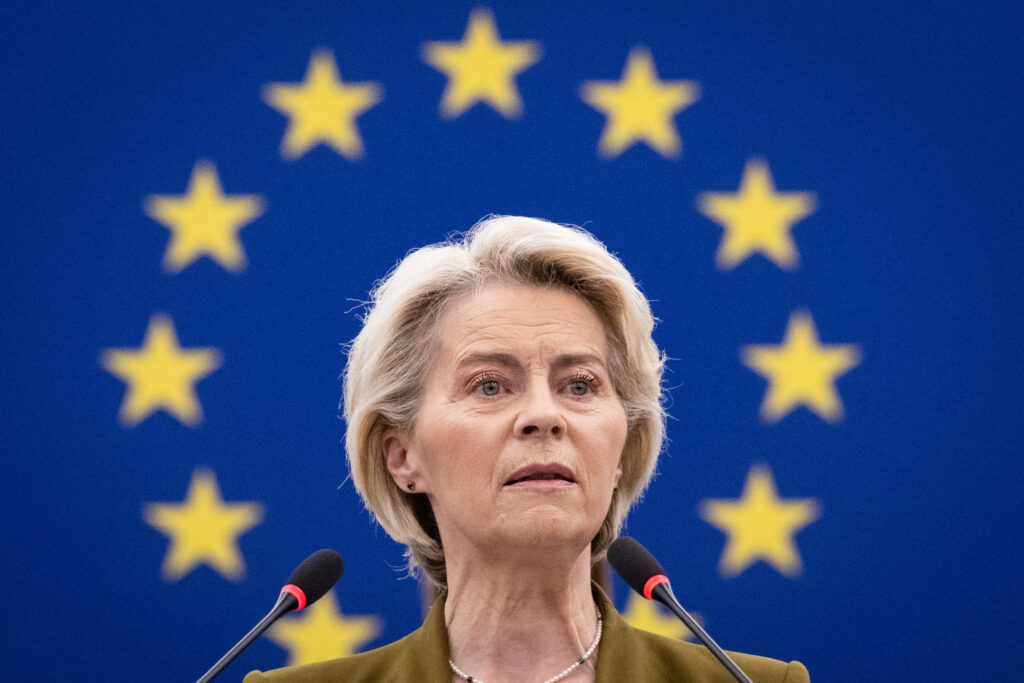Foreign Policy and Survival Strategies
International relations theorists and political scientists have long debated the concept of small states and how best they should formulate their defence and foreign policies. Complicating matters is the question of what, besides their “smallness”, can be universally said about small states. Besides being small, what do the diverse group of countries described as small states have in common? This is an important question when considering how small states should go about creating their security. Variation in economic strength, diplomatic reach, regional environments, political systems and so forth preclude a one-size-fits-all prescription for the statecraft of small states.
In 2017, the official boycott of Qatar by its larger neighbours, Saudi Arabia and the United Arab Emirates (UAE), in addition to Bahrain and Egypt, rekindled the debate around small states and how they should pursue their interests. In Singapore, there were those who saw in Qatar a lesson, namely the need for small states to “always behave like small states”. In their view, small states must be careful not to overreach and should stay out of superpower conflicts. They also have to scrutinise where their national interests lie and how these interests are best served on the international stage without antagonising larger powers. Others, however, were quick to push back against this line of thinking. The example of Qatar may have lessons on overreach and how not to antagonise more powerful neighbours, but some argued, this should not be taken to mean that small countries must be forever deferential to larger powers, or that they should “think small” or become craven in their dealings with larger partners. Indeed, some have argued that rather than thinking small, small states need to create relevance for themselves, through extraordinary achievement and proactive diplomacy, as a matter of strategic necessity.
Traditionally, the literature on small states has suggested that the strategic posture of small states will gravitate towards either balancing their relations with multiple powerful states through, for example, managing their alliances; bandwagoning, whereby a small state attaches itself to the position of a larger, more powerful state; hedging, which involves adopting a policy of proactive diplomacy that maintains a non-aligned posture; or lastly, trying to sit on the sidelines, by adopting a policy of neutrality and relinquishing responsibility to more powerful states, or buck-passing, as some studies call it.
In February 2019, the Middle East Institute hosted a group of leading scholars to discuss the concept of small states at a workshop titled “The Statecraft of Small States: Foreign Policy and Survival Strategies”. The papers in this issue of Insights are based on the research notes submitted to that workshop. These contributions go beyond the neat demarcations described above and, in doing so, reflect the fact that reality is usually far messier.
Click here for the PDF.
Image caption:
Boat crossing Dubai Creek, UAE. Photo: Pierre Doyen, shared on Flickr under the Creative Commons licence.





